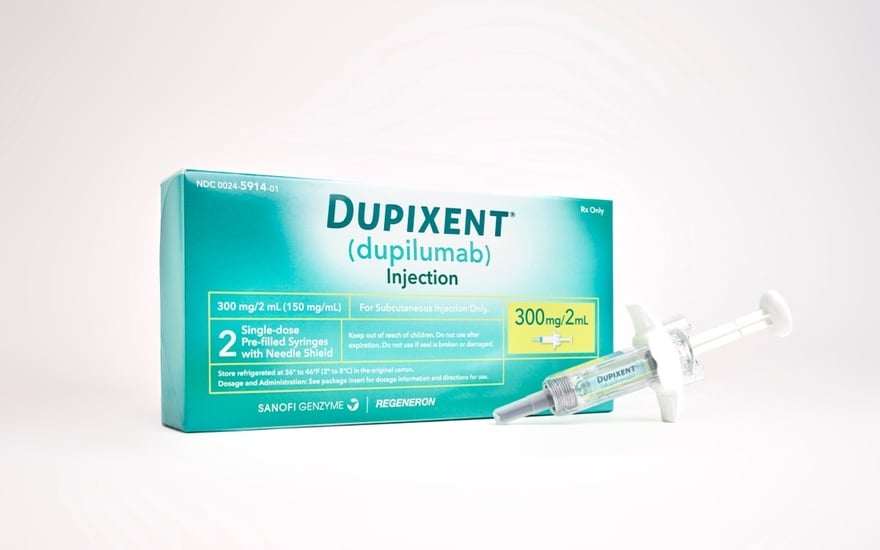Synthetic Bilirubin‐Based Nanomedicine Protects Against Renal Ischemia/Reperfusion Injury Through Antioxidant and Immune‐Modulating Activity
Advanced Healthcare Materials, EarlyView.

BX-001N, a polyethylene glycol-conjugated bilirubin 3α nanoparticle, is the first GMP-grade, synthetic bilirubin-based nanomedicine. It effectively attenuates acute renal injury, facilitates subacute renal recovery, and suppresses chronic fibrosis after renal ischemia/reperfusion injury via anti-oxidant and immune-modulating activity. Therefore, BX-001N with renoprotective effects and an adequate safety profile is a promising new therapeutic agent for renal ischemia/reperfusion injury.
Abstract
Renal ischemia/reperfusion injury (IRI) is a common form of acute kidney injury. The basic mechanism underlying renal IRI is acute inflammation, where oxidative stress plays an important role. Although bilirubin exhibits potent reactive oxygen species (ROS)-scavenging properties, its clinical application is hindered by problems associated with solubility, stability, and toxicity. In this study, BX-001N, a synthetic polyethylene glycol-conjugated bilirubin 3α nanoparticle is developed and assessed its renoprotective effects in renal IRI. Intravenous administration of BX-001N led to increase uptake in the kidneys with minimal migration to the brain after IRI. Peri-IRI BX-001N administration improves renal function and attenuates renal tissue injury and tubular apoptosis to a greater extent than free bilirubin on day 1 after IRI. BX-001N suppressed renal infiltration of inflammatory cells and reduced expression of TNF-α and MCP-1. Furthermore, BX-001N increases renal tubular regeneration on day 3 and suppresses renal fibrosis on day 28. BX-001N decreases the renal expressions of dihydroethidium, malondialdehyde, and nitrotyrosine after IRI. In conclusion, BX-001N, the first Good Manufacturing Practice-grade synthetic bilirubin-based nanomedicine attenuates acute renal injury and chronic fibrosis by suppressing ROS generation and inflammation after IRI. It shows adequate safety profiles and holds promise as a new therapy for renal IRI.








































































































































































